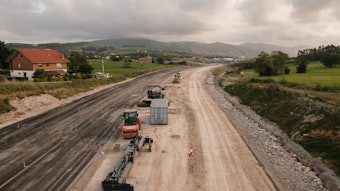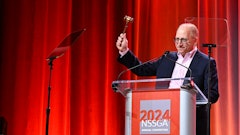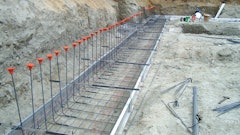
Now that the votes have been counted and the country’s leadership for the next four years has been determined, construction interests are challenging Congress and the Obama administration to get to work on addressing the “fiscal cliff.”
A recent study by the Portland Cement Association (PCA) reported that given the fragile state of the economy, inaction could prompt a recession and have a negative impact on the construction industry.
The “fiscal cliff” came about from dual economic objectives reflecting the need to inject fiscal stimulus into an inert economy and the need to deal with burgeoning federal debt. Packaged together as the Budget Control Act of 2011, tax increases of $400 billion coupled with $200 billion in federal spending cuts are scheduled to go into effect January 1, 2013.
“Rational, quick action by Congress and the administration would minimize the short-term costs of narrowing the deficit and enact a somewhat more aggressive longer-term combination of tax and fiscal spending policies,” Ed Sullivan, PCA chief economist said. “Under this scenario, the near-term disruptive economic aspects associated with the fiscal cliff are significantly reduced and real economic growth would be only marginally impacted.”
However, PCA paints a much different picture in its “dysfunctional” Congress scenario. In this case, a polarized Congress does not reach an agreement until March, after the tax and spending cuts go into effect. This would slow economic growth and job creation. Structural impediments to a construction recovery would worsen as job losses materialize. A third possible scenario, a Congressional impasse, where Congress takes no action, could cause a severe recession and reverse recent gains in construction activity.
“PCA considers the ‘rational’ Congress scenario as what will most likely occur in Washington,” Sullivan said. “However, although a Congressional impasse is the least likely, the actual outcome could reflect a blending of two scenarios.”



























